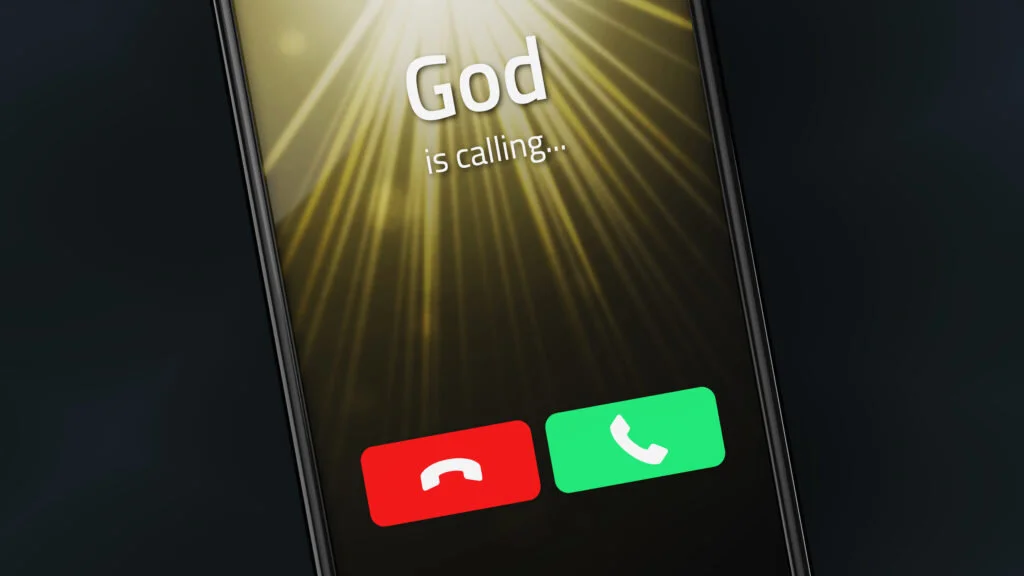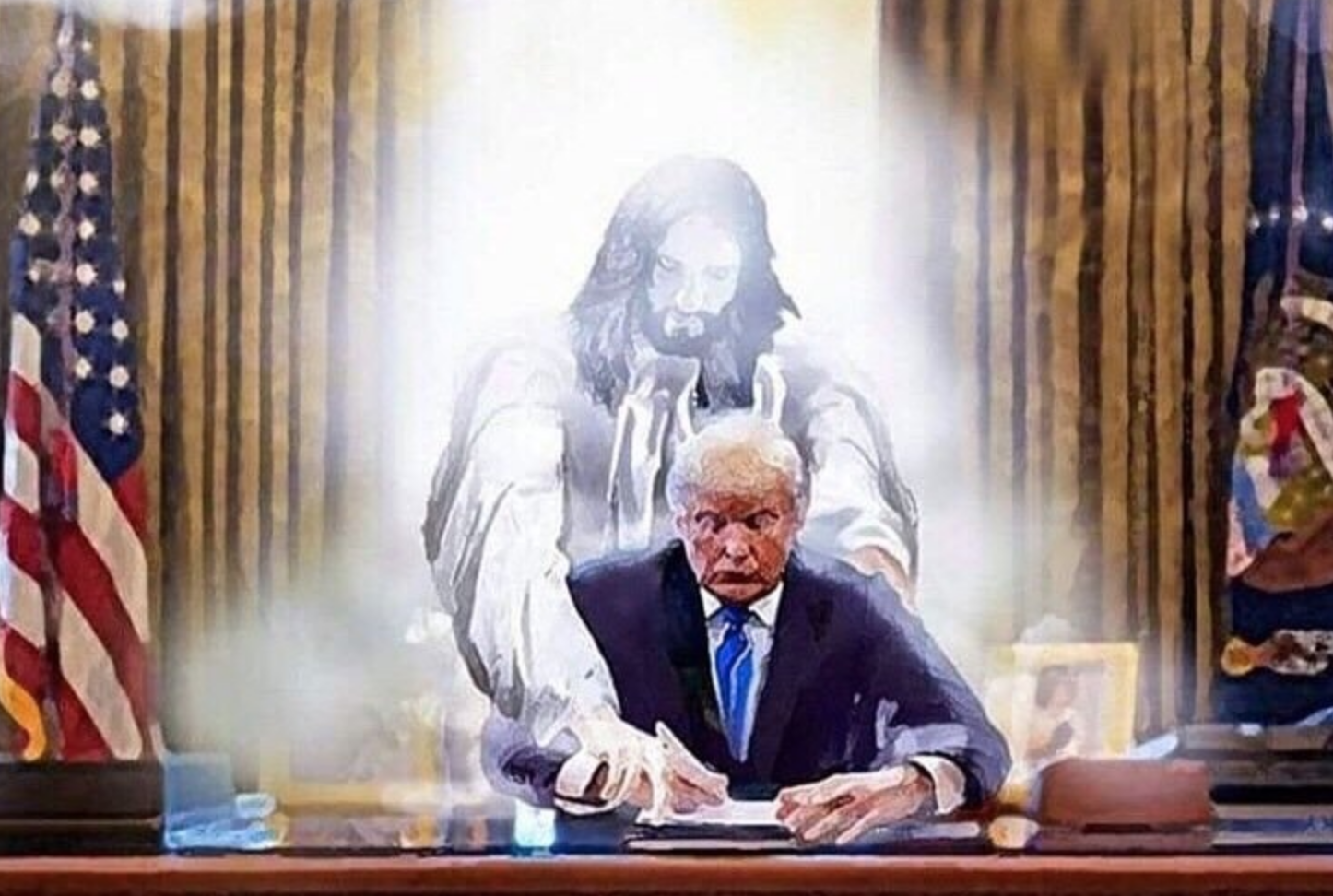When training pastors and chaplains, educators frequently stress the need for "boundaries" between work and home.
Clergy need -- somehow -- to find "personal" time, along with face-to-face contact with loved ones. That challenge became more difficult in the age of smartphones, texting and emails, noted Marlon C. Robinson, pastoral care director at AdventHealth in Manchester, Ky., and a specialist in marriage and family therapy.
Then came the COVID-19 lockdowns and the pressures on clergy zoomed to a whole new level.
"Everything came home, all at once," said Robinson, reached by telephone. "Pastors were spending more and more time with their families -- jammed into one space. But this wasn't quality time. Everyone was at home, but they were staring at their own phones and computer screens. There was no intimacy, and all the pressures of ministry grew even more intense."
To make matters worse, the usual struggles with church leadership and finances were complicated by political warfare and conspiracy theories that, literally, began to shape how congregations handled worship, pastoral care, education and even efforts to keep sanctuaries clean and safe.
Instead of arguing -- to cite church clichés -- about the color of new carpet or outdated hymnals, the faithful were fighting about whether masks were necessary to save lives or merely "politically correct" virtue signals.
Meanwhile, people were sick, and some died, with their pastors and families on the other side of locked hospital or nursing-home doors. And it was illegal to have funerals? Attendance dropped, along with offerings. More than a few members vanished.
Ministers "are inundated with phone calls, emails, text and WhatsApp messages, and communications through a host of other platforms," wrote Robinson, in Ministry Magazine.










